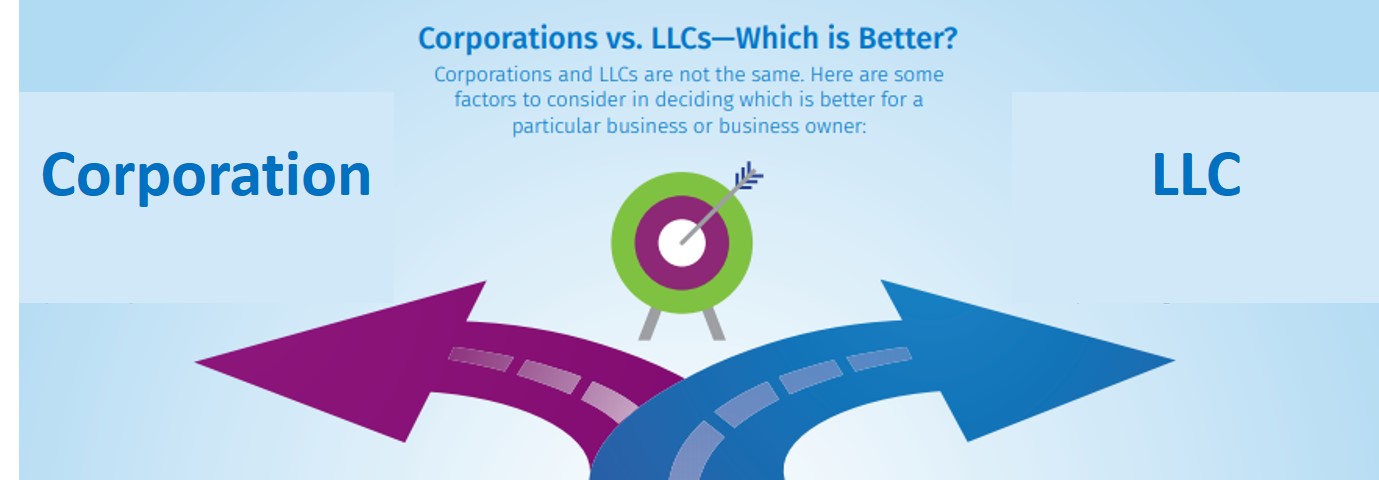Corporation
Posted : admin On 4/5/2022Office Closures:
Florida Profit Corporation into Florida LLC (PDF) Florida Profit Corporation into “Other Business Entity” (PDF) “Other Business Entity” into Florida Profit Corporation (PDF) Merger Forms. Profit Corporation Merger with other Corporation or Eligible Entity (PDF) (s.607.1105, F.S.). The State Corporation Commission’s (SCC) Bureau of Insurance encourages any Virginian looking for lost or misplaced life insurance policies or annuity contracts (whether issued in Virginia or elsewhere) to take advantage of the free Life Insurance Policy Locator, which is offered through the National Association of Insurance Commissioners (NAIC).
Out of an abundance of caution and in line with recent guidance issued by the Center for Disease Control and New York State, the Division of Corporations, State Records and Uniform Commercial Code Customer Service Counter in Albany New York will only be handling service of process, as described below, due to COVID-19.
During this time, the Department of State will accept in person legal process served on the Secretary of State or Department of State as statutory agent of a corporation or other business entity, by appointment. For service of process issues, including the scheduling of an appointment, please call 518-473-2492 so that arrangements can be made to effectuate service.
As noted, all walk in services are suspended until further notice. Customers are encouraged to use the online filing system available on the Department of State's website to form business corporations and limited liability companies.
All other services (e.g. corporation and other business entity filings, document search requests, certificates of status, UCC filings and searches) can be mailed to:
Department of State
Division of Corporations, State Records and Uniform Commercial Code
1 Commerce Plaza 99 Washington Avenue, 6th Floor Albany, NY 12231
Please call 518-473-2492 with any questions.
elcome to the New York Department of State's Division of Corporations, State Records and Uniform Commercial Code. The Division examines, files, and maintains numerous documents vital to business and state government including state and local laws, oaths of office, trademarks, certificates of incorporation, and Uniform Commercial Code Article 9 financing statements.
| NOTE:The Division of Corporations, State Records and Uniform Commercial Code does not provide legal advice or assist with the completion of forms. Please ask the guidance of an attorney where necessary. Do not call the Division to verify receipt of your filing or other service request. The large volume of filings and other service requests makes it impractical for Division staff to verify receipt. | |
| • Biennial Statement FAQ’s for Corporations and LLCs | • EIN / Tax ID Numbers |
| • Business Corporation Formation | • Five Year Statement FAQ’s for Limited Liability Partnerships |
| • Benefit Corporation Formation | • Games of Chance |
| • Limited Liability Company Formation (LLC) | • Laws of New York Online |
| • Certificates of Status | • Limited Partnership Formation |
| • Certificate of Assumed Name | • Notice of Claim and Certificate of Designation for Service of Notice of Claim |
| • Copies of Documents | • Oath/Affirmation of State Employees and Public Officers |
| • Dissolution of Business Corporations | • Service of Process/Notice of Claim |
| • Name Availability | • State Notice/Further State Notice (pdf) |
| • Not-for-Profit Corporation Formation | • Service Mark Registration |
| • Uniform Commercial Code Forms & Fees | • Trademark Registration |
| • Charitable Organization Financial Report Filings with the Department of State | • Condominium Declarations |
A corporate structure is perhaps the most advantageous way to start a business because the corporation exists as a separate entity. In general, a corporation has all the legal rights of an individual, except for the right to vote and certain other limitations. Corporations are given the right to exist by the state that issues their charter. If you incorporate in one state to take advantage of liberal corporate laws but do business in another state, you'll have to file for 'qualification' in the state in which you wish to operate the business. There's usually a fee that must be paid to qualify to do business in a state.
You can incorporate your business by filing articles of incorporation with the appropriate agency in your state. Usually, only one corporation can have any given name in each state. After incorporation, stock is issued to the company's shareholders in exchange for the cash or other assets they transfer to it in return for that stock. Once a year, the shareholders elect the board of directors, who meet to discuss and guide corporate affairs anywhere from once a month to once a year.
Each year, the directors elect officers such as a president, secretary and treasurer to conduct the day-to-day affairs of the corporate business. There also may be additional officers such as vice presidents, if the directors so decide. Along with the articles of incorporation, the directors and shareholders usually adopt corporate bylaws that govern the powers and authority of the directors, officers and shareholders.
Even small, private, professional corporations, such as a legal or dental practice, need to adhere to the principles that govern a corporation. For instance, upon incorporation, common stock needs to be distributed to the shareholders and a board of directors elected. If there's only one person forming the corporation, that person is the sole shareholder of stock in the corporation and can elect himself or herself to the board of directors as well as any other individuals that person deems appropriate.
Corporations, if properly formed, capitalized and operated (including appropriate annual meetings of shareholders and directors) limit the liability of their shareholders. Even if the corporation is not successful or is held liable for damages in a lawsuit, the most a shareholder can lose is his or her investment in the stock. The shareholder's personal assets are not on the line for corporate liabilities.

Corporations file Form 1120 with the IRS and pay their own taxes. Salaries paid to shareholders who are employees of the corporation are deductible. But dividends paid to shareholders aren't deductible and therefore don't reduce the corporation's tax liability. A corporation must end its tax year on December 31 if it derives its income primarily from personal services (such as dental care, legal counseling, business consulting and so on) provided by its shareholders.

If the corporation is small, the shareholders should prepare and sign a shareholders buy-sell agreement. This contract provides that if a shareholder dies or wants to sell his or her stock, it must first be offered to the surviving shareholders. It also may provide for a method to determine the fair price that should be paid for those shares. Such agreements are usually funded with life insurance to purchase the stock of deceased shareholders.
If a corporation is large and sells its shares to many individuals, it may have to register with the Securities and Exchange Commission (SEC) or state regulatory bodies. More common is the corporation with only a few shareholders, which can issue its shares without any such registration under private offering exemptions. For a small corporation, responsibilities of the shareholders can be defined in the corporate minutes, and a shareholder who wants to leave can be accommodated without many legal hassles. Also, until your small corporation has operated successfully for many years, you will most likely still have to accept personal liability for any loans made by banks or other lenders to your corporation.
While some people feel that a corporation enhances the image of a small business, one disadvantage is the potential double taxation: The corporation must pay taxes on its net income, and shareholders must also pay taxes on any dividends received from the corporation. Business owners often increase their own salaries to reduce or wipe out corporate profits and thereby lower the possibility of having those profits taxed twice-once to the corporation and again to the shareholders upon receipt of dividends from the corporation.

Browse By
Popular Articles
